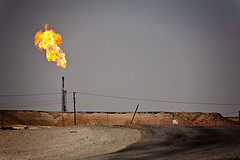
Oil wealth after the Arab Spring: A trillion-dollar catalyst for change
At the end of the 19th Century, Lord Curzon, the then British Viceroy of India, described Iran and its Arab neighbours as “pieces on a chessboard upon which is being played out a game for the domination of the world”. The geostrategic importance of the Middle East, with its immense oil wealth, has shaped the policies of colonial empires, secured the longevity of autocratic regimes and given rise to religious elites. The ‘game of chess’, as described by Lord Curzon, promises great riches and influence for the players involved, but has often come at a huge cost for the majority of the Arab people. Indeed, oil wealth, so narrowly shared between the region’s ruling minorities, has historically presented a barrier …
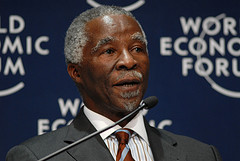
Fighting words: African leaders should be careful to call Western intervention ‘re-colonisation’
The institutions of the United Nations are slaves to the objectives of Western powers, and these powers are determined to make Africa an appendage to the West. Or so Thabo Mbeki claims. Mbeki, the former president of South Africa and the founding chairperson of the African Union, made these comments in a recent speech deploring what he termed the ‘re-colonisation’ of Africa. Mbeki went on to suggest that recent armed interventions in Africa were representative of the West’s willingness to exploit the universal principles of democracy, human rights and good governance to further their material interests. Re-colonisation is an idea that by now suffers from severe intellectual fatigue. The harshness of Mbeki’s terms of reference is reminiscent of the ramblings …
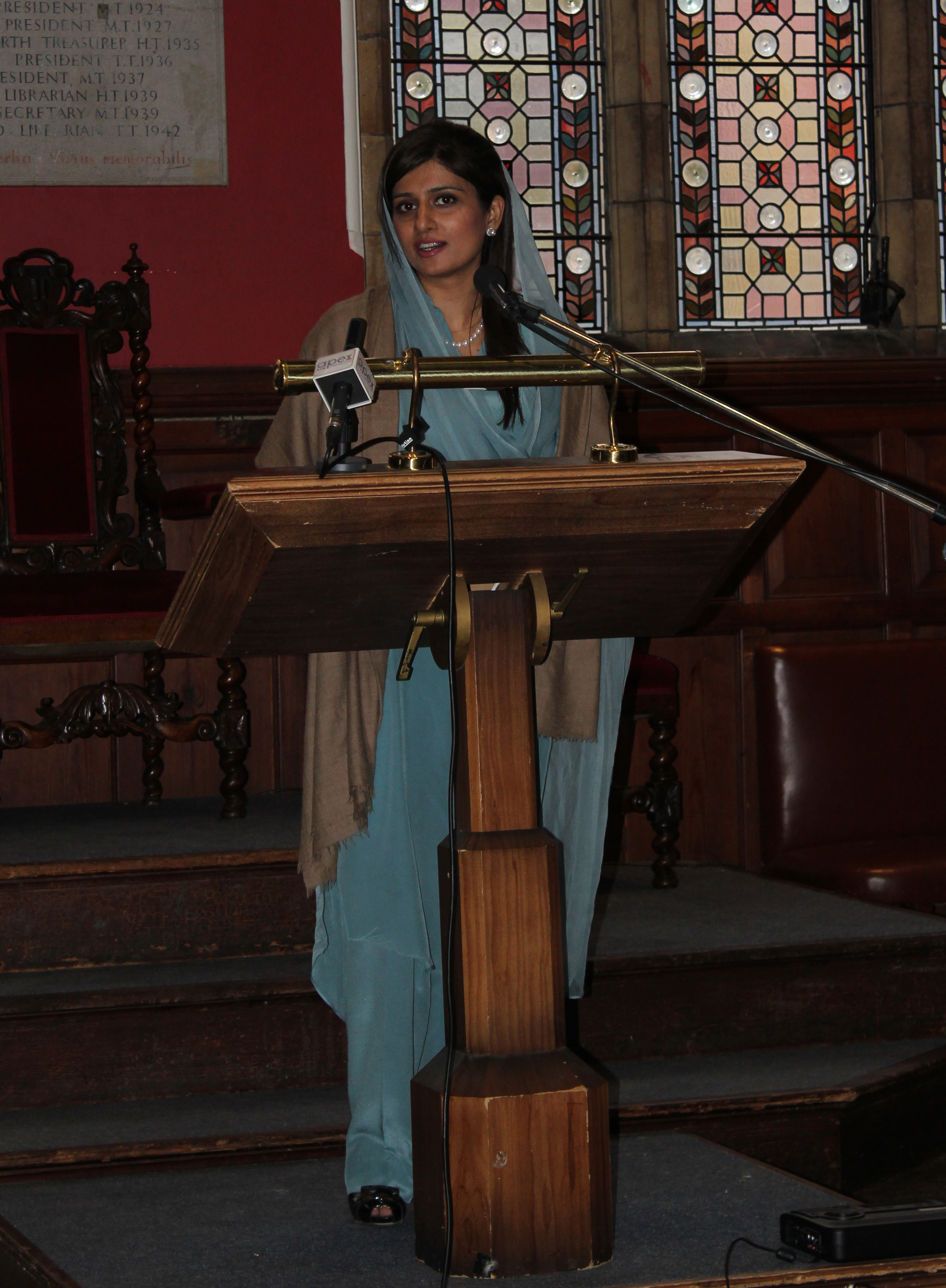
Reflections on Pakistan Foreign Minister Hina Rabbani Khar’s visit to Oxford
The Foreign Minister of Pakistan, Ms. Hina Rabbani Khar, was hosted on 20th February for a talk at the Oxford Union by the Oxford University Pakistan Society and the Oxford Union Society. As the young female foreign minister of a country embedded in popular media imagination as a haven for all sorts of retrogressive elements, Ms. Khar’s visit was bound to generate a lot of interest among the student body. And so it proved as around 200 students attended Ms. Khar’s address which was covered by Pakistan’s major media outlets. The content of Ms. Khar’s speech was quite broad and overarching wherein she not only covered her own domain of Pakistani foreign policy but also set out what she believed …

Afghanistan’s human rights gains are too precious to compromise
Compared to the Taliban era of the 1990s, Afghanistan has made impressive gains in the sphere of human rights, especially women’s rights. The Afghan constitution prohibits discrimination between citizens “whether man or woman”. Consequently, Afghan women have a visible presence in parliament, cabinet, civil administration and media. As pillars of civil society activism, they have played a crucial role in expanding female education across the country. For the moment, the Afghanistan Independent Human Rights Commission keeps the government under scrutiny and the country’s vibrant media promotes a culture of free enquiry in what is still a predominantly tribal society. What Afghanistan has been able to achieve in the middle of a war, with international help, was virtually unthinkable over a …
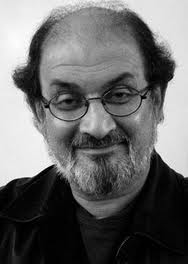
Does Salman Rushdie Exist?
The recent controversy over Salman Rushdie’s non-appearance at the Jaipur Literary Festival has been widely understood in the stereotyped terms of a threat to the freedom of expression. The belligerence of those Muslims protesting Rushdie’s presence, of course, as well as the eagerness of some Indian authorities to humour them, was entirely reprehensible. But lost in the anodyne narrative about free expression was also the controversy’s political meaning, which I will argue had little to do either with Rushdie or indeed the offended religious sentiments of certain Muslims. Instead this celebrated author has been reduced to a kind of billboard upon which almost any cause can be advertised, and it is in this purely functional guise that he is recognized …
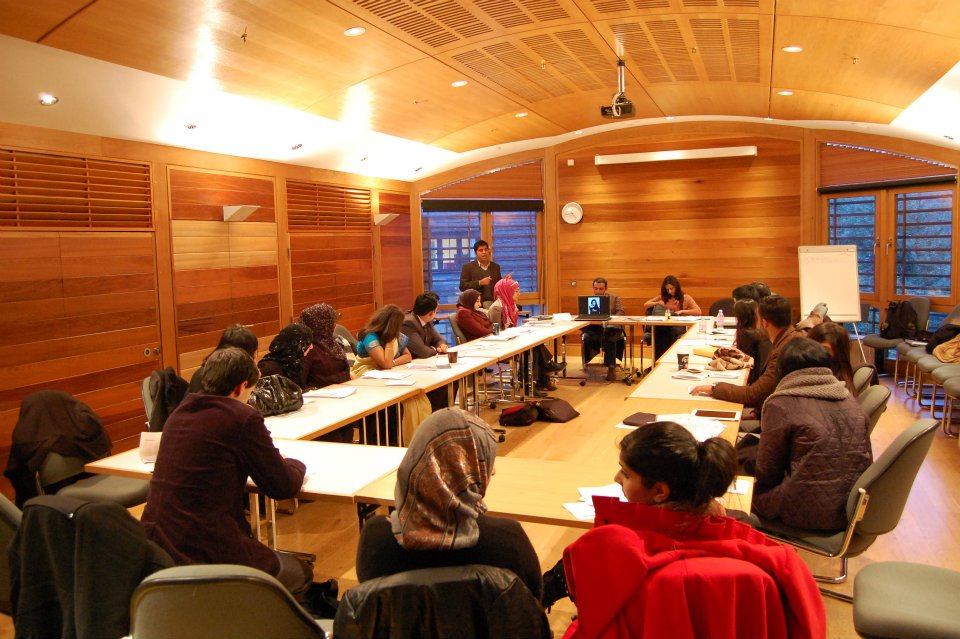
Pakistan’s future from the students’ perspective
As Ishtaiq Ahmed mentions in a recent blog post on the annual Pakistan Future Leaders’ Conference, held in Oxford earlier this month, Pakistani students in the UK have definitively shown that progressive thought is alive and well within the Pakistani community. For example, this student-driven event was unafraid to pick up sensitive issues such as the Balochistan separatist movement amply demonstrating the capacity of young Pakistanis to be fearless and independent in their thinking. Students vowed to work towards making Pakistan a progressive, truly democratic state where people of all creeds can enjoy the fruits of freedom and liberty. Dr. Ahmed, covered numerous topics in his piece; but I want to highlight a few areas in more detail. As mentioned above, …

The seeds of a green spring: young leaders meet in Oxford to debate Pakistan’s future
For three days (February 3-5) Oxford University was the venue for the Pakistan Future Leaders’ Conference (PFLC), attended by some 300 student-delegates hailing from around 50 universities and colleges in the United Kingdom. This major event was organised by Oxford University’s Pakistan Society, in collaboration with the Oxford Union, and the Pakistan societies of Cambridge University and the School of Oriental and African Studies. Such a large gathering of young Pakistanis in Oxford was reflective of an emerging ‘youth moment’ currently setting the course of politics in Pakistan. Cricketer-turned-politician Imran Khan, who is also an Oxonian, has already tapped into this phenomenon. His recent political rallies in Lahore and Karachi attracted exceptionally large crowds of younger people, forcing the country’s …
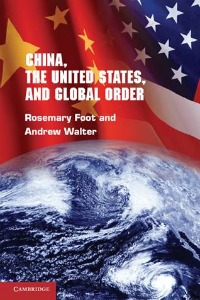
China, the United States, and Global Order: An Interview with Professor Rosemary Foot
Rosemary Foot is a Professor of International Relations and John Swire Senior Research Fellow at St Antony’s College, Oxford. She has been a celebrated China scholar since completing her doctorate at the London School of Economics on Sino-Soviet relations and West Asia. Here, Professor Foot takes a moment to speak with Politics in Spires regarding her most recent book. Congratulations, your latest book, China, the United States, and Global Order has been praised by Foreign Policy Magazine as one of the 23 Essential Readings of 2011. Could we begin with you telling us a bit about the efforts behind this work? The book was a collaborative effort.* My co-author [Andrew Walter] is a specialist in international political economy, and I …









